Courses
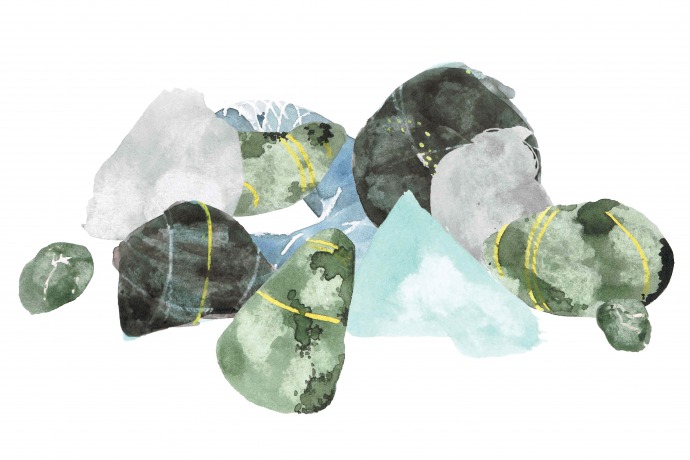
Written With a Wet Rock
When writing is hard and the poems are turning stony-faced and slow, I tell myself there are so many things harder and slower to hold onto than a poem: first, a breath, and second, a stone. I take one good, deep breath and let it go. Then I take one good, deep lump of time…
Read More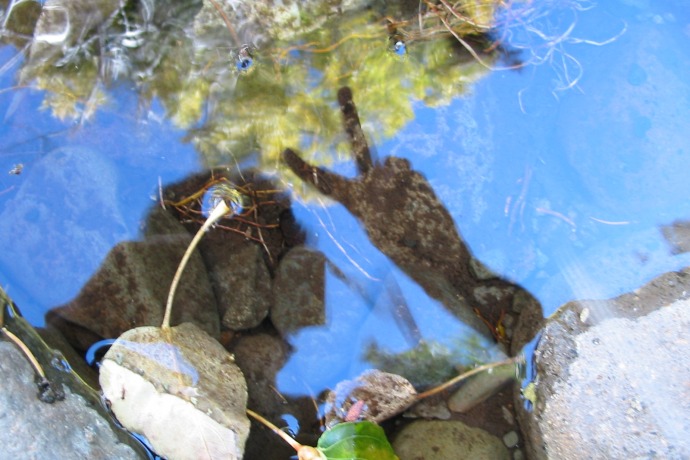
The Personable Political
So you’re in a writing workshop, one of those all day affairs where you do some exercises in the morning and have a communal critique in the afternoon. You’ve written 3 bad poems, 1 seed of something, and poem that flew from your pen or fingertips so naturally that you have no idea where it…
Read More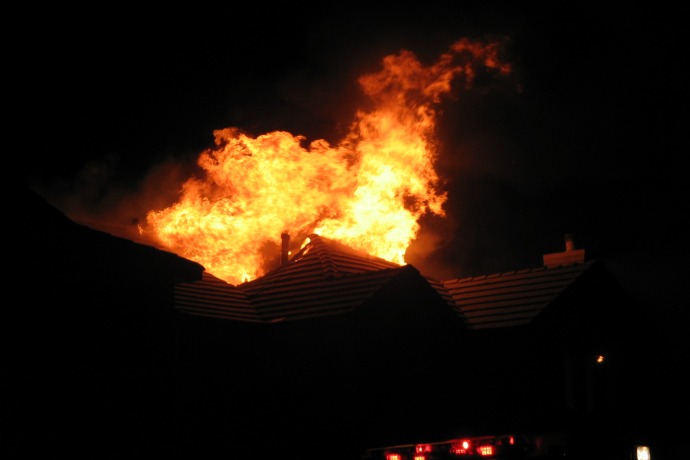
How Poetry Burns
I had just turned 18 when I moved out of my childhood home and into an apartment with my boyfriend. Although I hoped my young relationship would last, there was something in me that said my treasured objects would be safer at home. Built by my grandfather for my grandmother after World War II, it…
Read More
A Far-Off Land: Finding More Folklore
In the west, epic myths, remnants of religions past, are revered, re-translated and researched, but folktales and fairy tales are often written off as children’s stories. Scrappy, grisly, lowbrow and deceptively simple, many of them do indeed serve as warnings to children: don’t wander alone in the woods, boast or steal. But these stories, passed…
Read More
Twisted Love
In one of his Lunch Poems, Frank O’Hara describes reading the poetry of a new friend. Is this love? he asks, sounding uncertain. He feels held in the hands of the poem, experiencing poetry as a form of intimacy or attempted intimacy. This course came about because I realised, simply, that the love poem –…
Read More
A Song for Occupations: In Praise of Work
What shall we do with work? Curse it, hate it, make escape plans from it, call in sick to it, write apologetic e-mails to it, still we find, every morning, we have to do it. And more than that, work does things to us: decides what time we’ll rise, how well we sleep, the folk…
Read More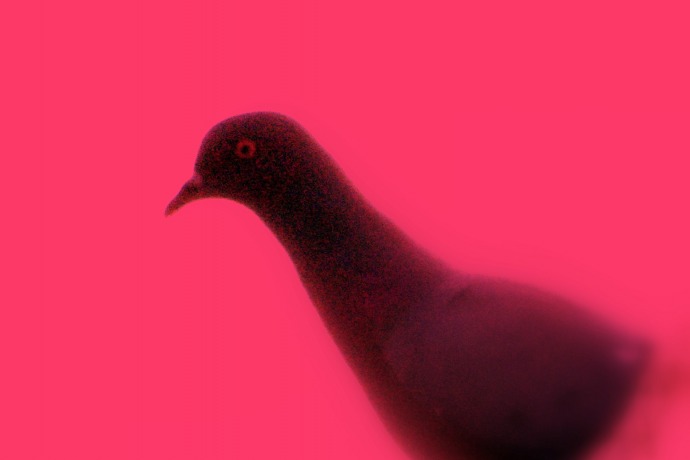
General Impression of Size and Shape: Poetry & Birds
I grew up with birds. And what I really mean there is, I grew up with a birdwatcher father who liked to tell us what every bird was, and how you might distinguish it from any other bird. From an early age I was watching birds on the bird feeder in the garden, delighting in…
Read More
Psycho Gastro Studio
When I told a friend of mine I was going to be tutoring a course titled Psycho Gastro Studio, they asked me what that actually meant. In response I started telling the following story from my life: Many years ago I was on a bus from Leeds, where I had been visiting family, down to…
Read More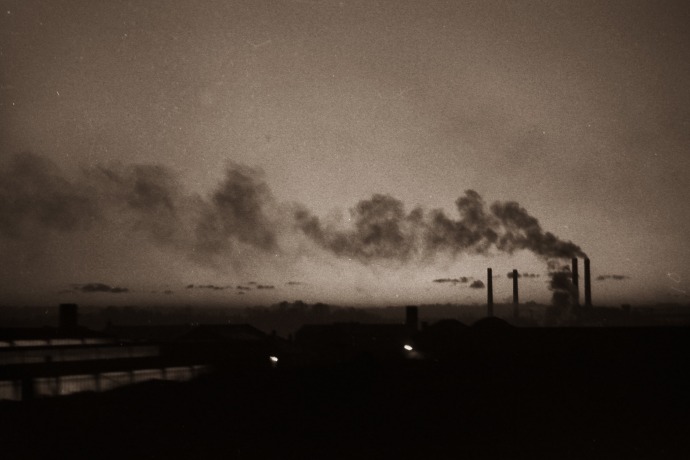
Narrow Road, Deep North
The first time I felt Northern was at the Students’ Union bar of the University of Chester. I’d recently moved there from South Shields and was taken aback when the barman couldn’t understand my order. ‘Do you mean Coors?’ ‘Aye, pint of Coors, please.’ There are two syllables in that particular brand of lager: coo-aaz….
Read More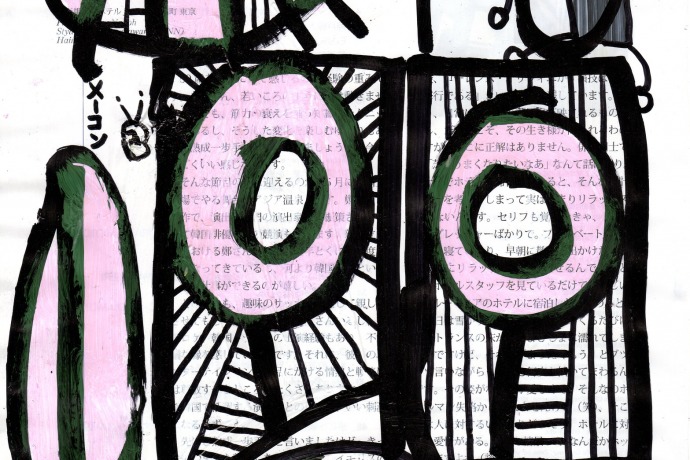
Queereading
Robin Morgan started her Lesbian Poem with a dedication to everyone who had turned to that poem first in the Contents page of her Monster chapbook. I’d done exactly that, of course. I was hungry. Hungry for anything I could get my hands on to read with a hint of a non-heteronormative narrative or some…
Read More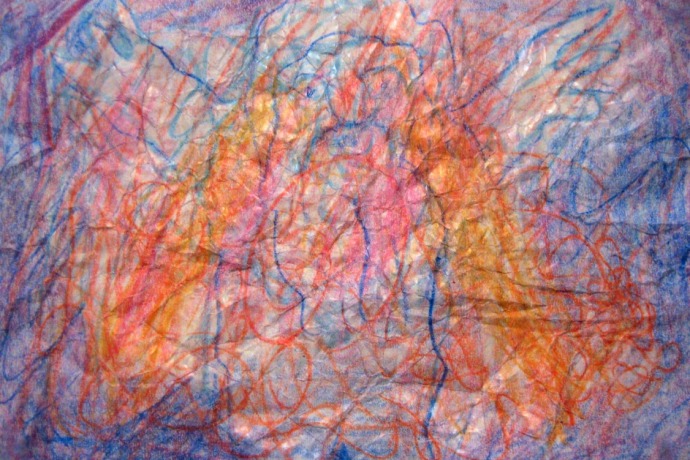
You are here.
Whoever you are, wherever you are, no matter who writes it, no matter how many times you read it, these words are always true. You are here, wherever that is. So, if you are here, where am I? Here, supposedly. But then, I’m also somewhere else, somewhen else, writing this. Are we here? As people,…
Read More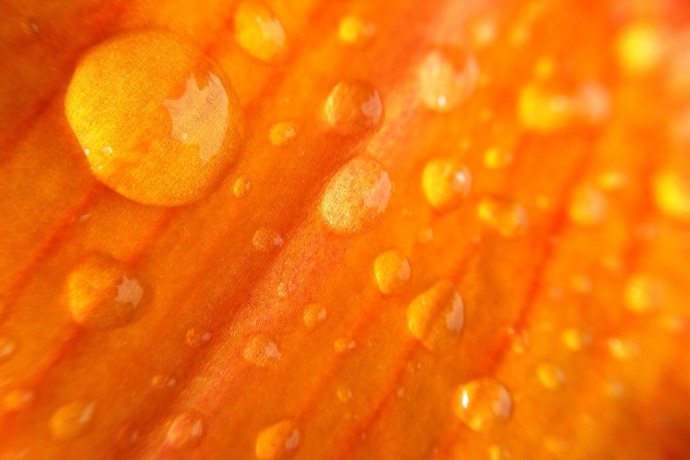
Summer School 2019
Our 2019 Summer School is here! This boiling summer we’ve teamed up with hot experimental indie Boiler House Press to present a scorching line-up of half-day workshops. Put a towel down and reserve your place. Monday 15 July Hydro Lyric: Water & the Self in Contemporary Poetry with Samantha Walton What does it mean to…
Read More
The Decisive Moment
‘The real prayers are not the words, but the attention that comes first’ says Mary Oliver in her poem of the same title. Oliver’s detailed exploration of a hawk’s tumultuous flight essentially pays homage to a moment of perception. She leaves out no detail and describes the specificity of the moment with deep respect. Tied…
Read More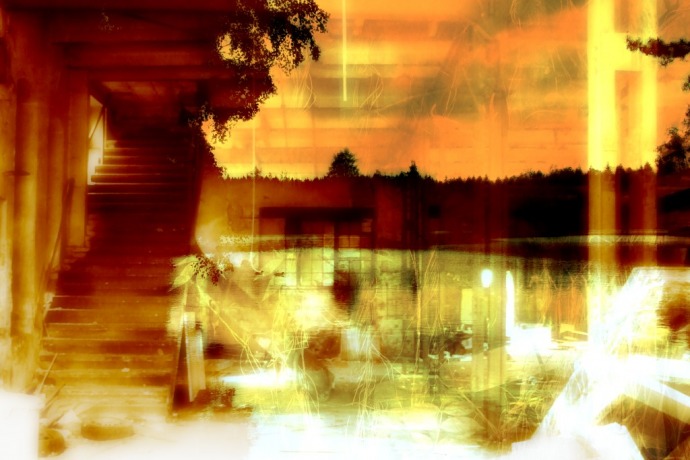
Divine Messengers
Lucy Mercer writes for the Poetry School blog ahead of Divine Messengers, her weekend workshop on the literary use of dreams and the unconscious. Dreams! What interests me most about dreams is that they present worlds that are different but adjacent – and sometimes overlapping – with ours: imaginary inter-worlds, what the philosopher Henry Corbin…
Read More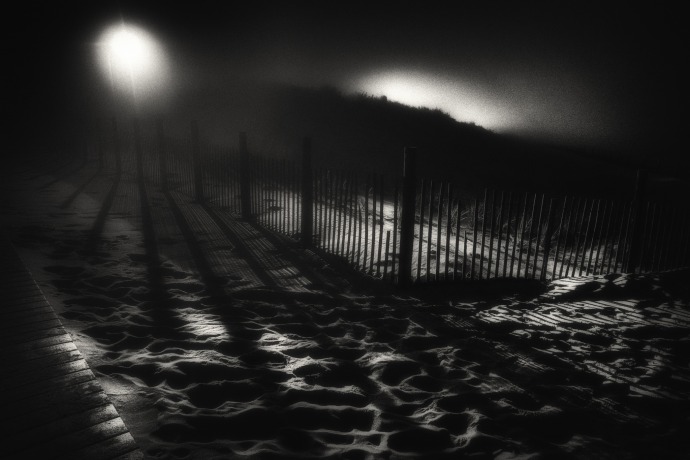
‘A great, dark, soft thing’
The day passes and, though not for lack of trying, no words come. It grows dark; I tire with the sun and go to bed. As soon as I have turned out the lights, however, words begin to string themselves together like fairy lights across my mind. They are late – I expected them hours…
Read More
Self, Place, World
Ahead of his monthly course in Birmingham, the city’s poet laureate Richard O’Brien writes about the concentric circles of ‘self’, ‘place’ and ‘world’. Poetry is always a kind of dialogue between the internal and the external. We write out of, if not necessarily ‘about’ in a confessional sense, our personal lived experience of reality —…
Read More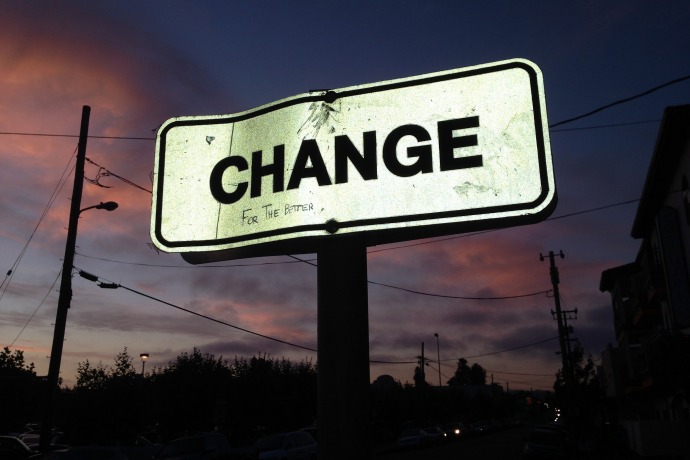
Poetry for Change
It starts with words. The lies and the truths. Politicians know how to use them: to deceive, persuade, or both. With new platforms for the arts, poets have the chance to counter falsity, to spread their words more than ever. In designing this course, I looked for poems that called for change: their rich imagery,…
Read More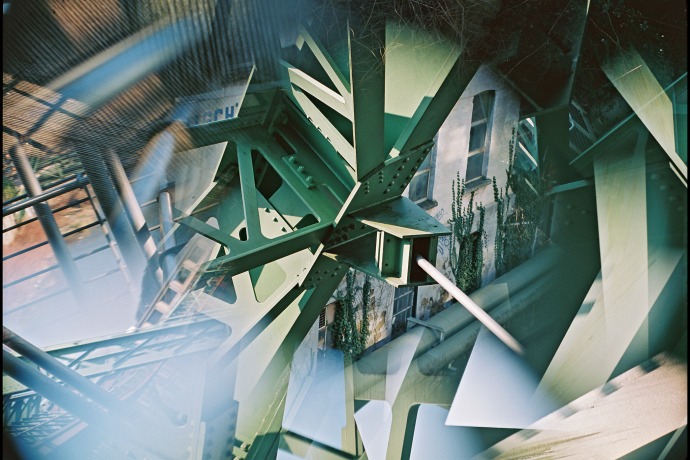
Radical Butchery Studio
“Futurists believed that the constraints of syntax were inappropriate to modern life and that it did not truly represent the mind of the poet…However, the Futurists were not truly abolishing syntax. White points out that since “The OED defines ‘syntax’ as ‘the arrangement of words in their proper forms) by which their connection and relation…
Read More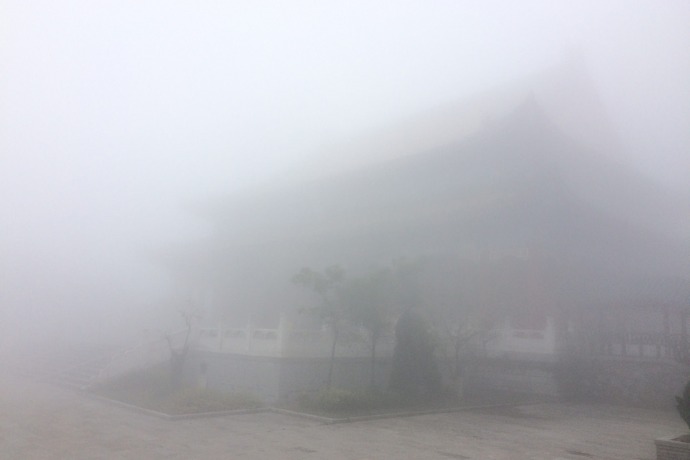
We Cannot Stop the Rumbling Trains
I live in Nanjing, just down the road from the Chaotian palace and, in the other direction, the Hanzhongmen section of the city’s ancient wall. This section of the wall is mostly in bits now, but it’s a lovely spot, opening up into an area for gathering with friends. As the sun sets on the…
Read More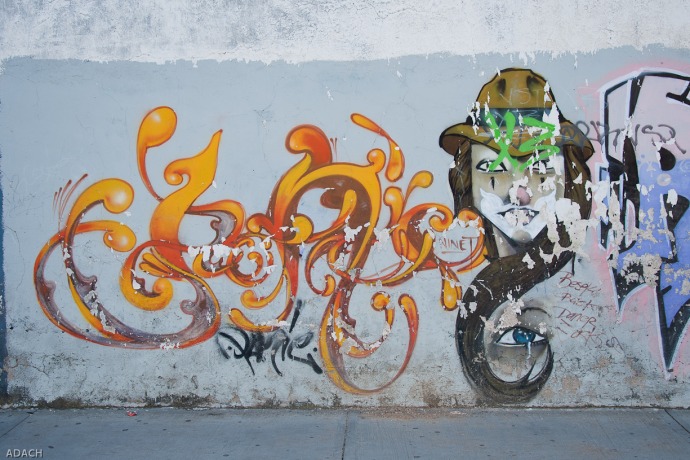
The Convergence of Languages in Latinx Poetry
One of the elements that makes Latinx poetry so rich is the many cultures that come together in a single poem. The convergence of cultures can take on many forms, and for Latinx poets, who come from a wide range of backgrounds, the results are endlessly varied. In the forthcoming Poem(a)s Studio: Reading Contemporary Latinx…
Read More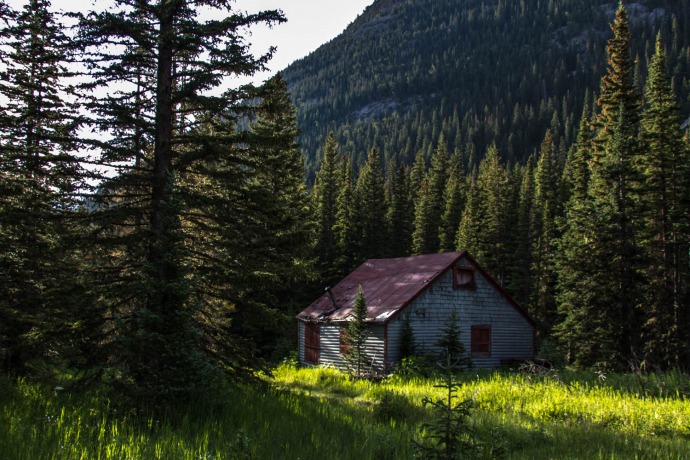
Writers, Retreat
Fall back, poets! I’ve got the supplies in; you need only bring yourselves. I’ve designed Writers, Retreat as a wild tour of the remote huts, palaces and wind baffles used by poets and artists to keep their notebooks from the elements and their writing from interruption. We’ll pay Dylan Thomas a visit in his ‘house…
Read More
In Praise of Complexity
I’ve recently been reading Peter Brook’s The Shifting Point. I often go back to this book, reading about the world of theatre as a way to think about poetry. In the chapter entitled ‘Shakespearean Realism’ Brook talks about how we intuitively accept from a young age that our mind is constantly moving from one place…
Read More
Only Love
Other than being a poet, I’m also a high school and middle school English teacher. A student asked me the other day what my “writing truth” was and it stunned me. It’s a funny phrase, “writing truth”, and it was an odd question, but I knew my answer immediately: the heart. Everything I write is…
Read More
On Finding Our Why
When the Poetry School asked if I’d like to run a course of my own choosing, I asked myself what I might have needed support with at some other time. As it turns out, commissions and residencies can be transformative ways of learning about your own practice. Having undertaken a number of these last year,…
Read More
Tutor Academy – April 2019
Put a spring back in your poems’ step, and see new inspiration bloom at our brand new Tutor Academy! This spring we have collaborated with Martha Sprackland, editor at Offord Road Books, to co-curate a week of exciting half-day workshops led by ten poets who are teaching for the Poetry School for the first time. We are…
Read More